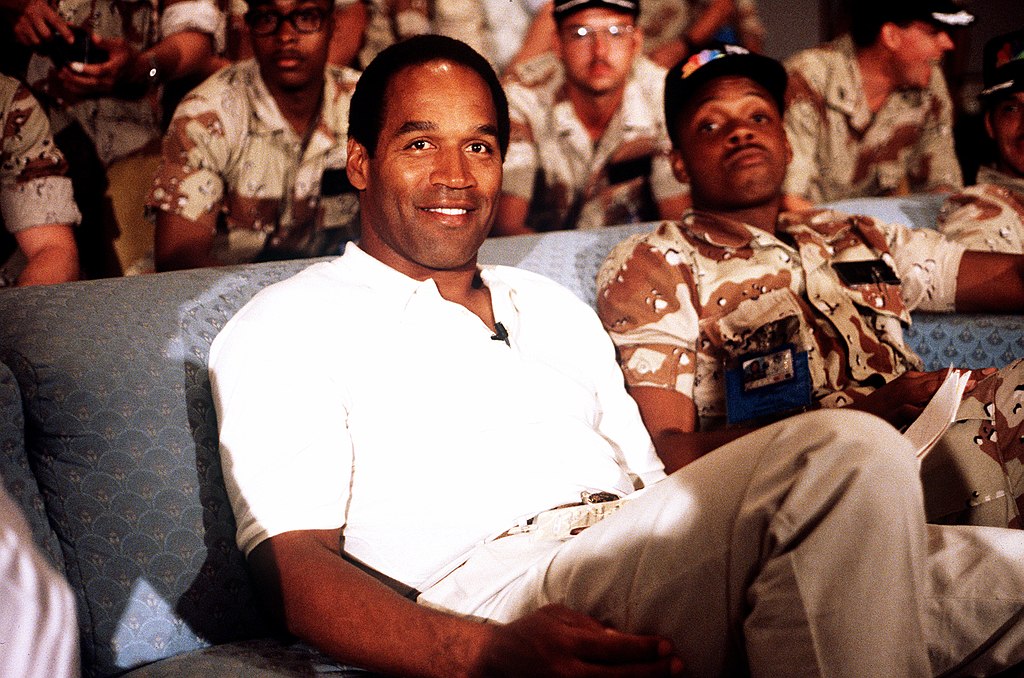
When O.J. Simpson’s family announced his death from cancer last week, the news prompted a flurry of stories about the 1995 murder trial and acquittal that came to define his place in America’s consciousness. Several pieces focused on what the trial told us about the justice system and racial politics in the United States.
But the trial also taught us something important about Americans’ taste for political news. Namely, that public demand for substantive civic affairs coverage – the kind of thing that is often viewed as critical for effective citizen participation in democracy – is limited.
We know this because of a study published in 2018 by political scientists Georgia Kernell, PJ Lamberson, and John Zaller. The paper begins by citing two dispiriting realities about civic life in America:
The American public is woefully uninformed about politics, and American news media favor soft and sensationalist content over the substance of public affairs.
So what’s causing what?
But here’s the question: Is low-quality journalism leading the public into ignorance, then? Or does the public’s lack of interest in civic affairs force the news media to dumb down their coverage?
This is where O.J. Simpson comes in. To answer that question, Kernell and colleagues looked at the major television network news programs (ABC, CBS, and NBC) in 1995 and 1996. One part of their analysis measured the amount of attention each network devoted to the Simpson trial each day compared to coverage of more substantive civic affairs news (like foreign policy or debates in Congress).
Given the public interest – an estimated 150 million people tuned in to see the verdict announced – it’s perhaps not surprising that the study found the media gave the trial a lot of attention. For instance, while the trial was ongoing, the networks covered it for an average of about two minutes each day (about 10% of the newscast). But the networks differed in how much attention they gave it, with NBC spending the most time and ABC the least.
ABC’s executives might have regretted that choice. According to the authors’ analysis of Nielsen data, the more that a network went with O.J. coverage, the better its ratings were. On the other hand, when a network increased its substantive civic affairs news, the ratings went down.
The upshot, Kernell, Lamberson, and Zaller argue, is that we shouldn’t blame journalists for the public’s lack of knowledge about politics:
At least for network TV news in the 1990s, audience viewing choices incentivized journalists to limit civic affairs coverage.
Add this to the many lessons the O.J. Simpson saga has given us.



